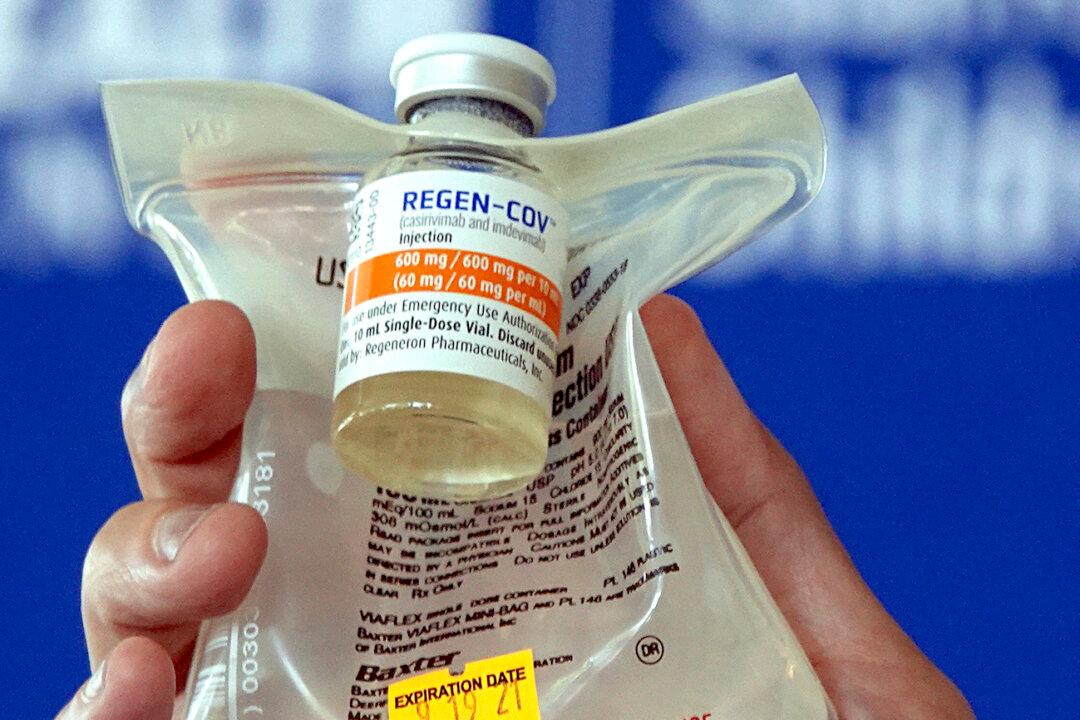The U.S. Food and Drug Administration (FDA) announced Jan. 24 it is restricting the use of two monoclonal antibody treatments for COVID-19, saying data show such treatments are “highly unlikely” to be active against the Omicron variant, currently the dominant strain in the country.
Monoclonal antibodies are laboratory-created proteins that mimic natural antibodies the body produces to fight off harmful pathogens, such as the CCP (Chinese Communist Party) virus, also known as the novel coronavirus.




